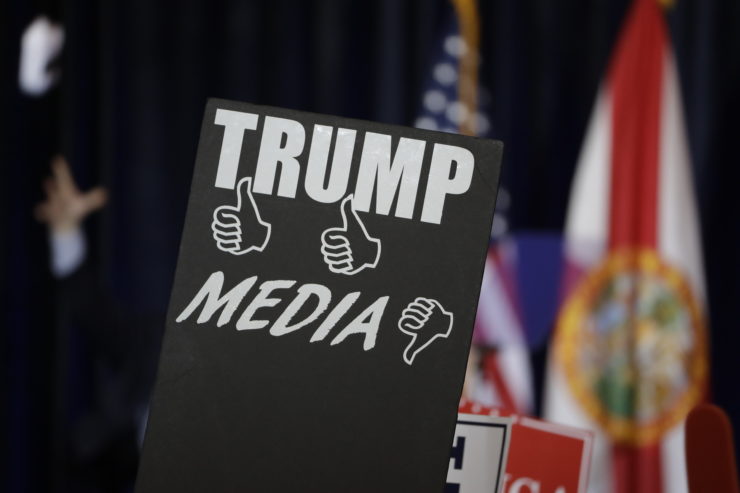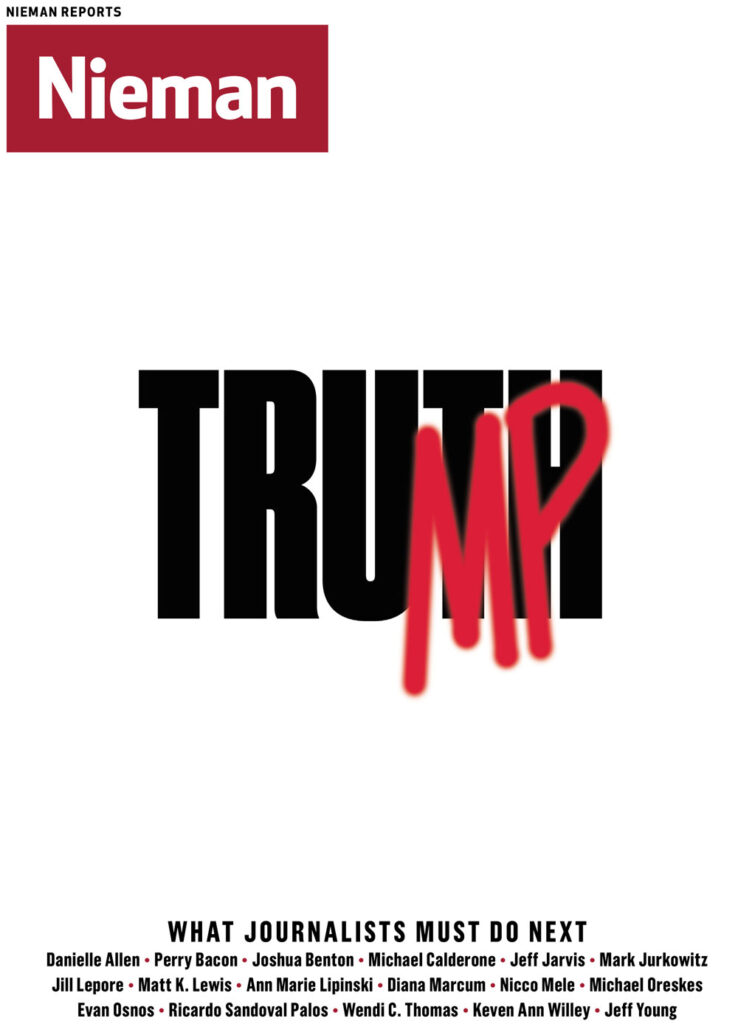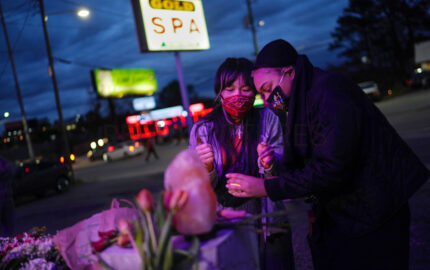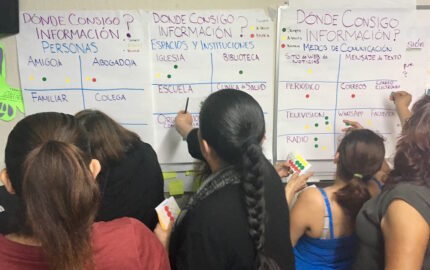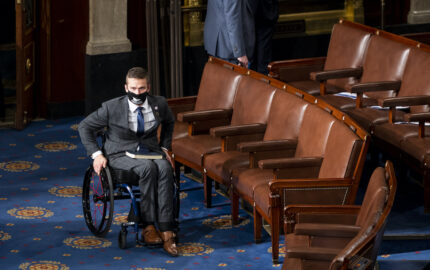I remember the day the Los Angeles Times decided to hire me. I’d been freelancing for the paper out of California’s Central Valley. Ashley Dunn, then the metro editor, came up to Fresno because no one had met me in person. Ashley is the son of Chinese intellectuals. He is married to, literally, a rocket scientist. His is not from the world of non-academics.
“I might as well tell you straight up,” I said. “I don’t have a college degree.”
“Hell,” he said. “One of our best writers was the janitor before we hired him.”
Some newspapers understood (long before Donald Trump spouted it) that the system is rigged. More than the system—life, circumstances.
Because of that you can’t rely entirely on the traditional gatekeepers. So there were always a few journalists who had not spent their formative years in spirit wear arguing over commas. (Not that I don’t love y’all.)
One of the bright spots for me in this election is that Michael Tubbs became mayor of Stockton, California. (I’m on leave. I can have opinions for a bit.) I first wrote about him when he graduated from Stanford and returned to his hometown to become one of the country's youngest councilmen.
His is the long shot tale that everybody loves. The son of a teen mom, incarcerated father, and he's black in a valley that hasn’t entirely broken good ol’ boy power. We love these stories because they are rare. A lot of really smart, soulful people get mixed up in the mire of life and don't get that magic stamp. Losers, to put it in Trumpian terms.
During that city council election, I went around with a mixed bag of Tubb supporters who were out canvassing. There were two idealistic Stanford kids who, from the day they were born, were going to go to college, and they were interested in journalism and are no doubt wrapping up postgraduate studies in the future of documentary social media about now. More power to them.
But the other kid, the one who bought a gun at 14 after his friend got killed in a drive-by, he was the storyteller. He was the one who knew how to crack a joke and talk with people and ask them about their lives, not just drill for answers to questions that he thought he already knew the answers to. He had some community college. He wanted to write. I had him send me one of his essays. It was good.
I think there’s a pretty good chance he won’t make it through a four-year school. The same sorts of reasons I didn’t: People depending on you, rent due at the end of the month.
But if I were in charge of hiring reporters, I’d have to give that kid the edge.
We need diversity of all kinds in the newsroom, especially from places where catching a few classes at the community college can take as much Herculean effort as getting into Harvard. So that means maybe overlooking the empty box by degrees from time to time.
If we didn’t know it before this election, we know for sure now that most people outside the bubble aren’t reading big city newspapers. The president-elect has declared legacy media already dead. It’s a free-for-all fight against the likes of Facebook and content-gathering robots. And maybe far worse ahead.
So, as long as there’s still any little breath left, keep letting in a few losers, some who didn’t even make it to their college finals. We know how to keep going when we look more done than a fish fried in Crisco. We’re not going to die of shock when the world is senseless. And we hold a duality that can come in handy as a reality check.
For instance, I am a “media elite” AND a white person without a college degree when there’s a lot of hand-wringing from the media at not having properly dissected and reported on uneducated white people.
Since I know this world, I can tell you the early attempts at covering “those” voters have been almost as absurd as watching a bleached-blond conservative encountering Beyoncé lyrics for the first time. That kind of coverage is not answering the question more than half the country is screaming, which is: “Who are these people?” and “How do I live knowing these are my fellow citizens?”
Calm down.
True, some rural, uneducated types are awful. The most brutal, belligerent, abusive, plain-old-mean humans you could ever meet. I hear you also find that in Manhattan.
Others, salt of the earth. It's a cliché that fits. They preserve things. They make dreary things palatable. They work physical jobs sunup to sundown. They know what it's like to lose a kid in war. (Go to a diner; there’s always a wall of photos of dead soldiers.) The good ones would deck a guy if he tried to grab your anything.
This feeling that they’re losing everything their great-grandparents, grandparents, and parents built has been building for a while. And there are also plenty who feel that their family legacy is not having a pot to piss in. I’d lay money that more than one of them started supporting Trump because they thought it was funny. Here’s some loudmouth outfoxing all the know-it-alls.
If you could lay politics and ideology aside for a bit, you might enjoy a visit.
Which in a very roundabout way brings me back to my point.
I can tell you about “them” because I know this world. And a newspaper gave me—an interloper—a voice.
This has been a devastating election. Big things afoot. I hope that now we tell some stories about the lives of uneducated white voters and black activists and everyone else that reach beyond politics and ideology. About now, we could all use the kind of stories that bring us together.
